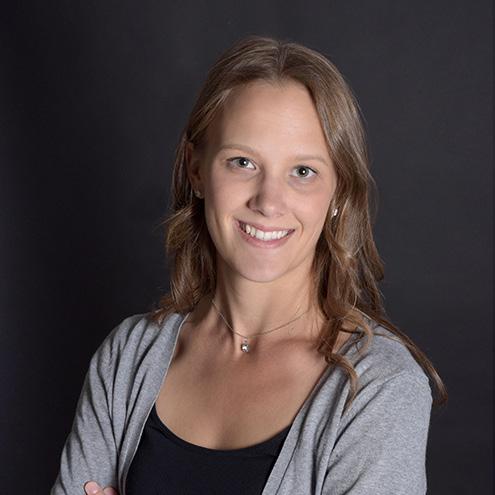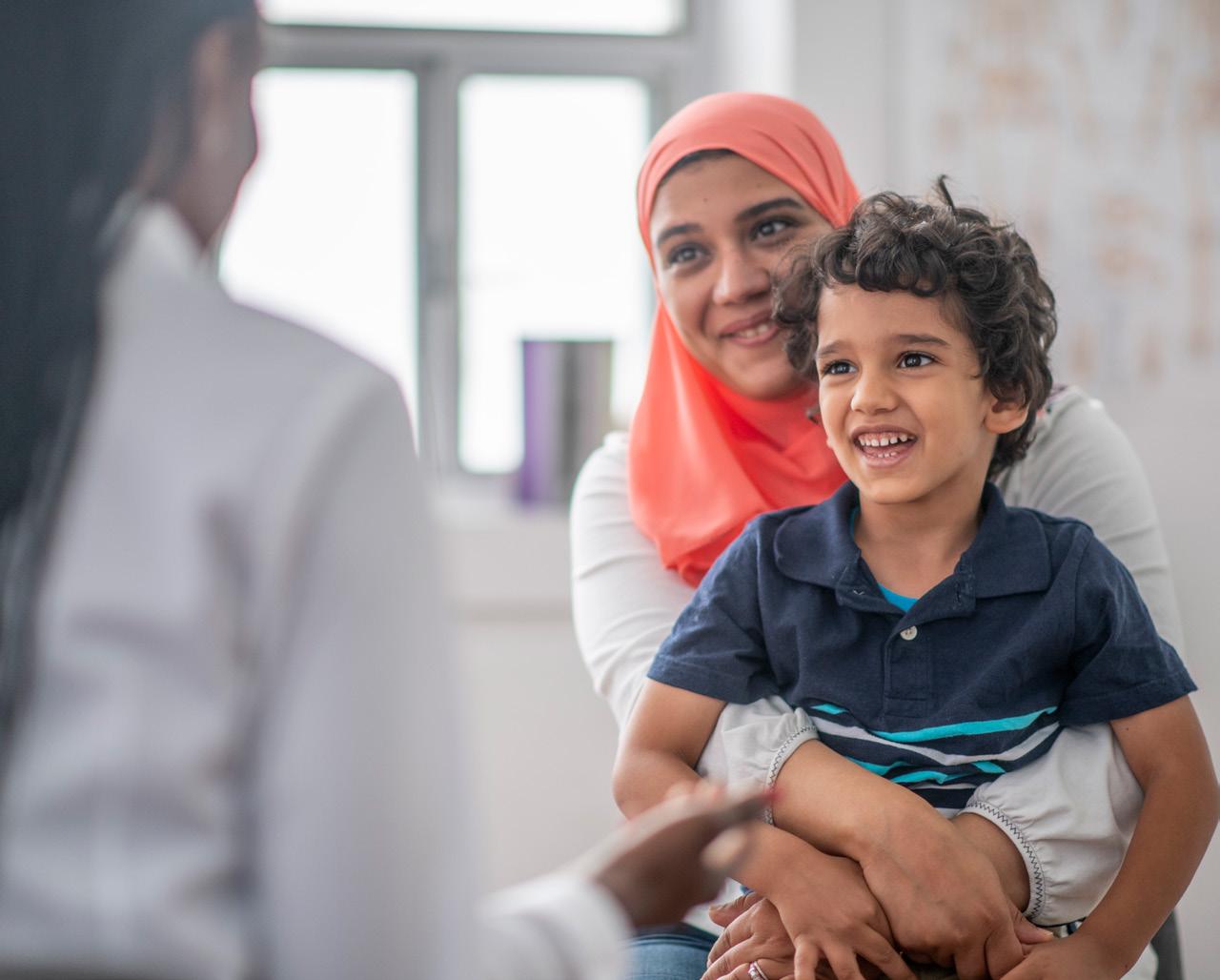
4 minute read
Medical students find new ways to care while training is on hold
By Greg Basky
When the COVID-19 pandemic brought their clinical and classroom training to a halt in mid-March, students in the University of Saskatchewan’s College of Medicine wasted no time offering their support to the health-care system. With help from the Student Medical Society of Saskatchewan, individuals and small teams identified needs and organized a variety of different projects in response:
Public Health: Early on, some medical students helped staff the public health phone lines, doing contact tracing, daily check-in calls with people who tested positive, and advising others that their test results had come back negative.
PPE Collection: Students gathered personal protective equipment from local businesses and individuals for donation to Saskatoon hospitals. They were motivated to act by reports of local shortages and the potential risk this posed to patients and care providers.
Students Helping Health Care Providers: To lighten the load for physicians who were logging long hours in ICU or emergency in the pandemic’s early days, some students stepped forward to help out by running errands or providing child care.
Student Senior Isolation Prevention Partnership: Medical students here launched a Saskatchewan chapter of this program, which started at the University of Toronto. Isolated seniors living on their own or in long-term care are paired with a student partner for weekly telephone calls, for social contact and to answer questions.
Support for La Loche: When an outbreak of the coronavirus hit La Loche, Dr. Kendra Morrow wanted to do something to help. With some administrative support from the SMA, medical students leapt into action, launching a GoFundMe campaign that blew past its original target, then shopping for household supplies, toiletries, and crafts and games, to make life a little easier for residents of the northern community.

Gathering supplies for La Loche

Supplies for La Loche
Students motivated by desire to help where they can

Jessica Froehlich
Second-year medical student Jessica Froehlich has been helping coordinate the various initiatives and recruiting volunteers. She stepped up because she was finding it tough being forced to sit by on the sidelines, with patient interactions and other extracurricular activities that were part of her medical training put on indefinite pause. “I went into medicine because I want to give back to my community and I want to be socially responsive,” says Froehlich. “I have been able to do that by getting involved in these projects.”
Kate Morrison has completed her third year of medical school. Earlier on in the pandemic, she helped out with public health efforts by doing callbacks on negative test results and contact tracing. Since then Morrison was paired with a socially isolated senior. She looked up pandemic-related information for the woman, who has access to television but not Internet, and was reluctant to ask her family members, for fear of being “a bother.”

Kate Morrison
While Morrison couldn’t provide medical advice, based on symptoms the senior described to her, she strongly encouraged her to quickly contact her family physician. “I think it’s helpful just to process things with them and be a sounding board for their whole experience going through this,” says Morrison, who also helped out with the La Loche project. “I don’t feel like I’m just calling to say ‘hi.’ There is definitely a need out there.”
Hanna Dunnigan, who is going into Year 3 Medicine, did a few shifts of testing callbacks with public health, then helped out a physician who needed support with child care. She did seven or eight eight-hour shifts looking after two children under the age of 10. After initially feeling helpless, with free time she wasn’t used to having, volunteering helped ground her. “I felt like I was giving back to the community and helping physicians who were taking time away from their families or feeling some extra stress because of all the change.”

Hanna Dunnigan
Medical students miss learning, contact with patients
For Dunnigan, the biggest struggle was not being able to be part of the aspect of medical school she enjoys most. “I miss being able to interact with patients and clinical skills sessions where I actually get to apply the knowledge we’re learning, because it feels like we’re working toward something and you get to have those interactions and see how what you’re learning can be used to help people.”
Morrison says some of her classmates are feeling a sense of loss for what they had anticipated their fourth and final year of medical school would look like. At this point, there are many unknowns about what COVID-19 will mean for completion of their medical training – in particular, how matching for specialty training will be affected. “But I think for me personally, I’ve been really happy to be able to be involved in all that’s going on. It’s been really nice to work with our student body and all of the organizations that are coming together. It’s been like an alternative learning experience.”◆










